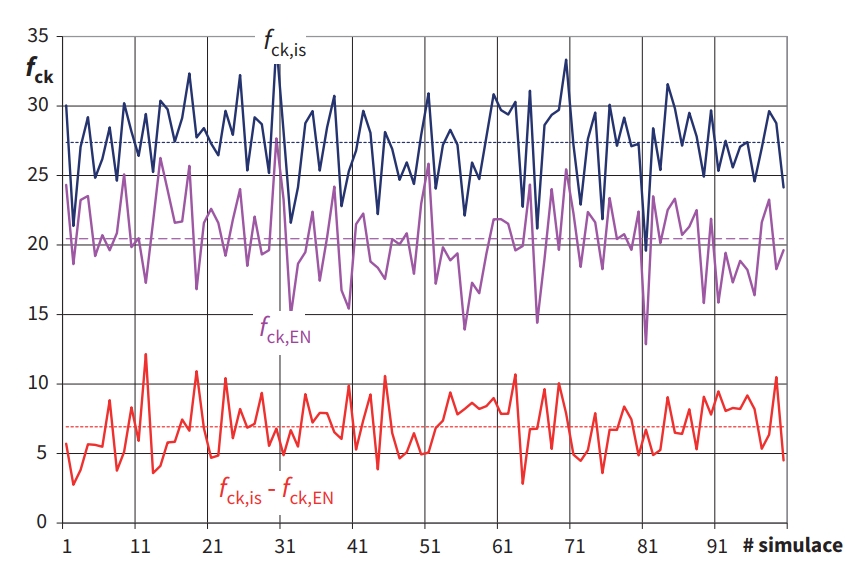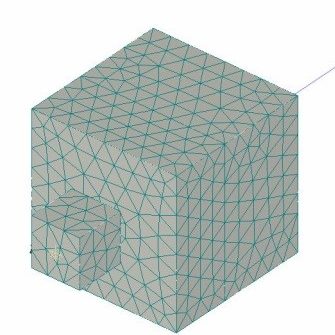Zacelení trhlin v cementových kompozitech obsahujících bakterie a ochranné polymery při různých teplotách
Crack-sealing in cementitious composites containing bacteria and protective polymers at various temperatures
Autonomous sealing of cracks in concrete through bacteria-induced calcification has become a topic of great concern in the last two decades. This paper is focused on two main issues of the so-called bio-based self-healing concrete, i.e. protection of the bacterial spores embedded in the cementitious matrix and behaviour of the material at low temperatures. In the current study, as a form of protection, superabsorbent polymers (SAP) powder polyvinyl alcohol (PVA) water solution are applied. The performed mechanical tests showed pronounced negative impact of the PVA addition on both tensile and compressive strength, while the SAP negatively affected only the compressive strength. The healing action was observed on cracked cementitious composites beams at ideal (i.e. room) temperature, low temperature (10 °C), and after exposure to freeze cycles ( – 5 to 0 °C).







